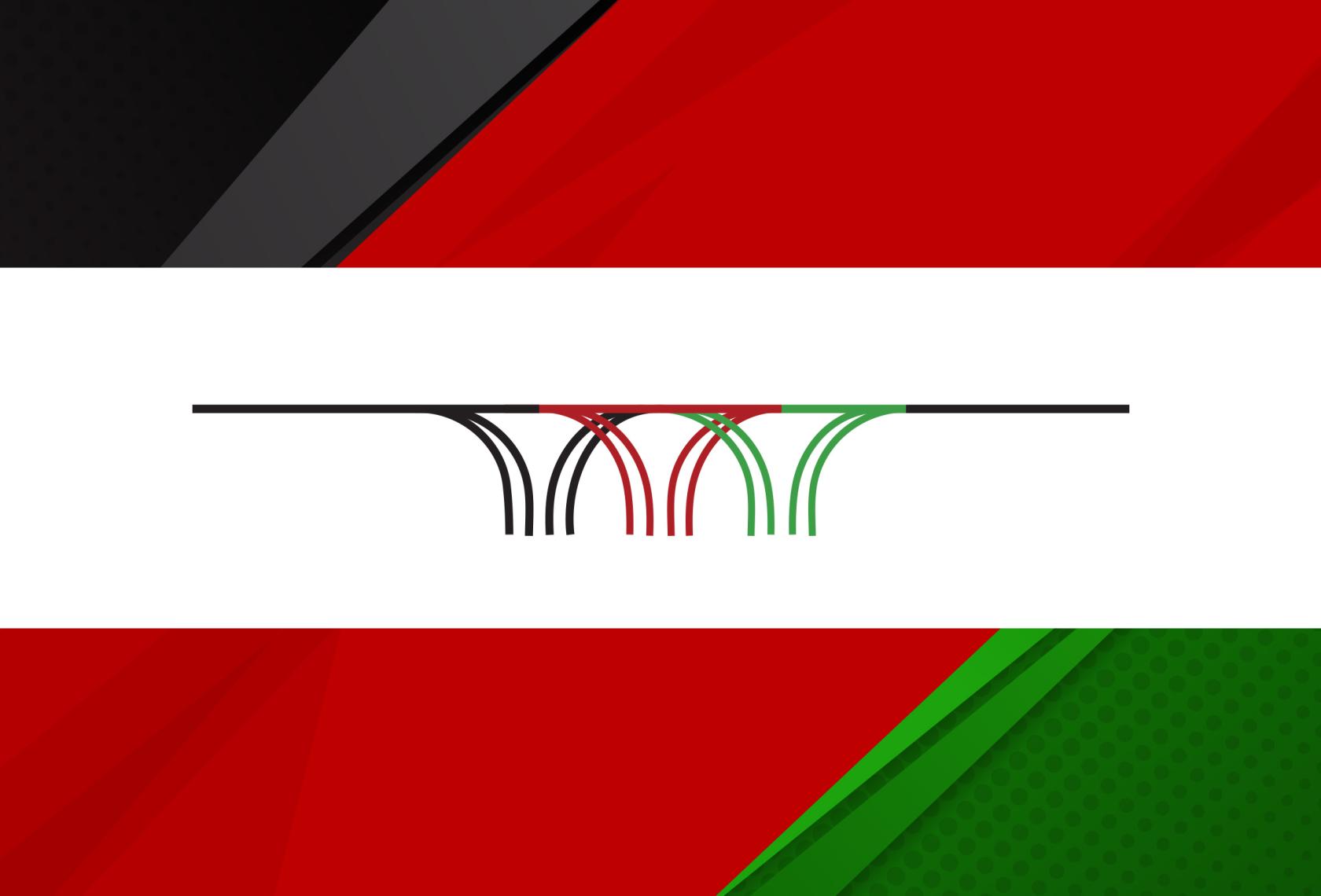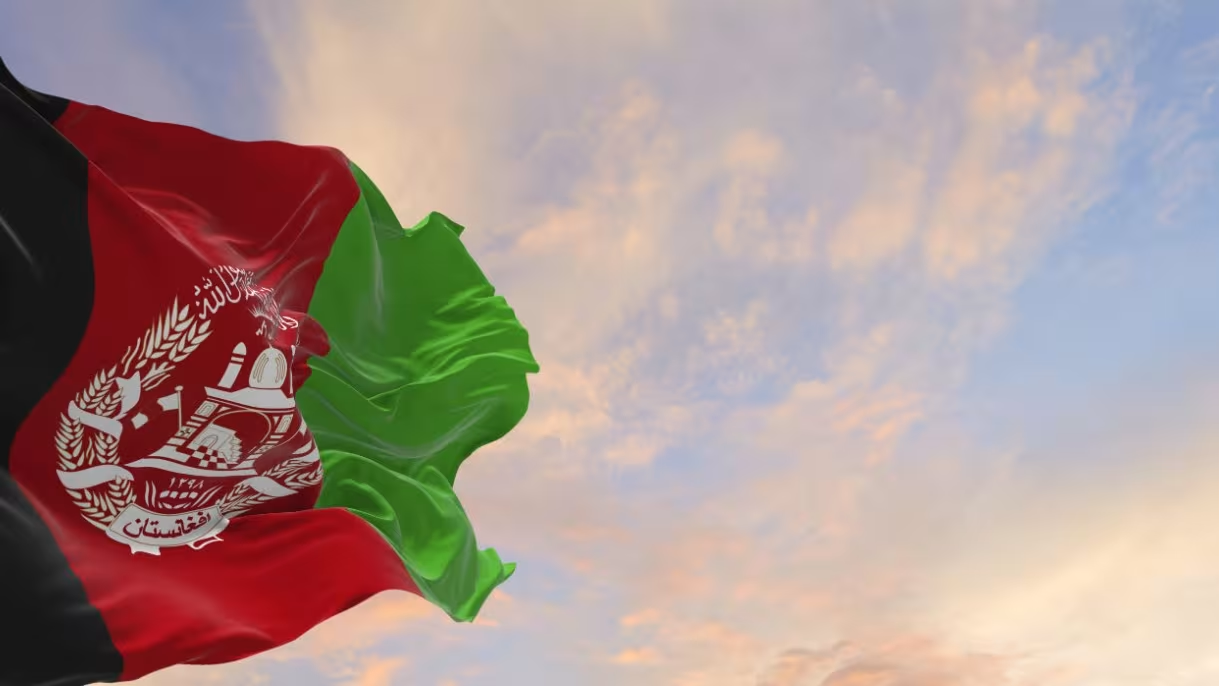
Please register for this event.


Since the Taliban takeover of Afghanistan in August 2021, Afghan women have suffered a severe rollback of rights, from denial of education to restrictions on movement to a lack of participation in the economy. The country now is in a state of "Gender Apartheid". Considering the significance of the matter, Afghanistan Policy Lab conducted a policy paper Afghanistan Under the Taliban: A State of "Gender Apartheid"? where we discussed the scope and impact of directives and restrictions issued by the Taliban on women and girls. We analyzed how these actions violate international human rights norms and guarantees made under the previous government’s Afghanistan National Action Plan.
To reflect on the matter further, we would like to hold an event at SPIA-APL. Our goal is to elaborate more on the analysis and discuss the paper’s argument and recommendations and educate our targeted stakeholders.
For YouTube live streaming please click on the link below:
https://www.youtube.com/channel/UCll9iGqbBfzxRtHKXp3j1Jg
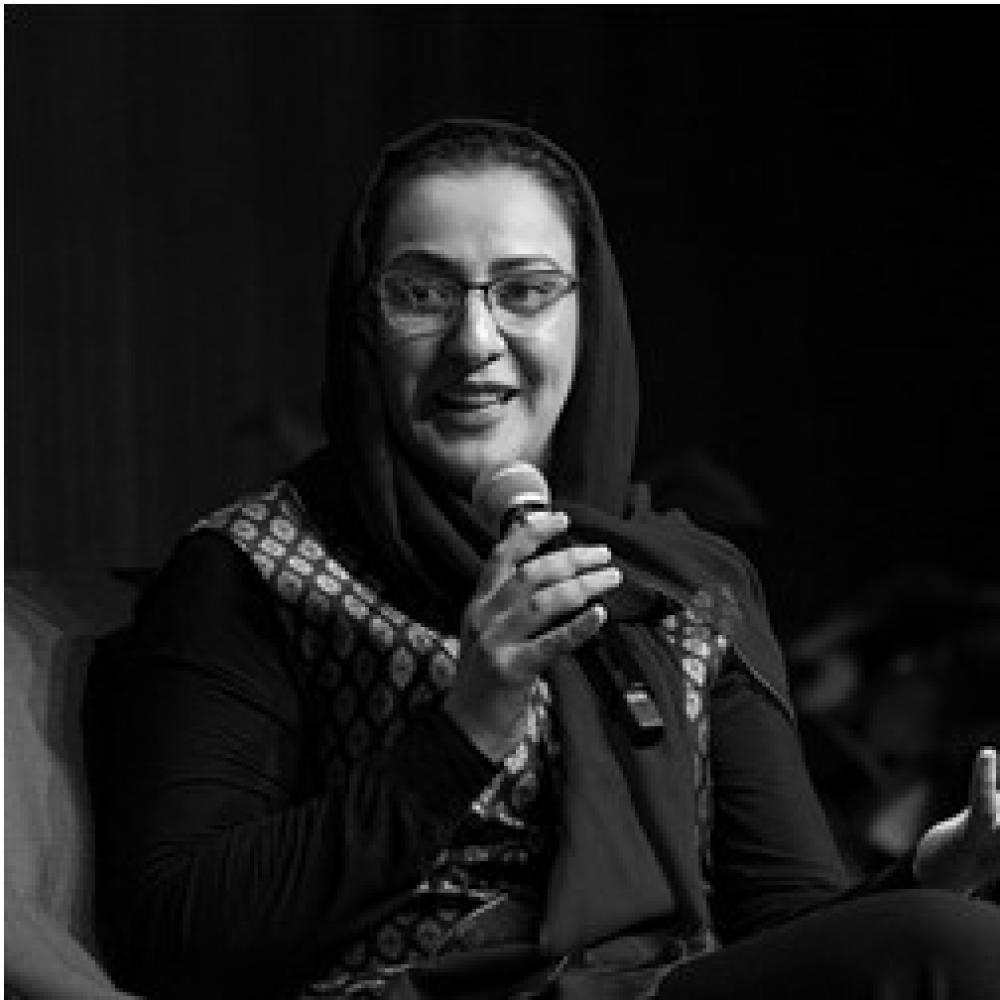
Naheed Farid was a Member of the Parliament of Afghanistan and the Chair of the Parliamentary Committee on Human Rights, Civil Society and Women Affairs until the Taliban takeover in 2021. She is currently a Policy Specialist at the Afghanistan Policy Lab in Princeton University’s School of Public and International Affairs.
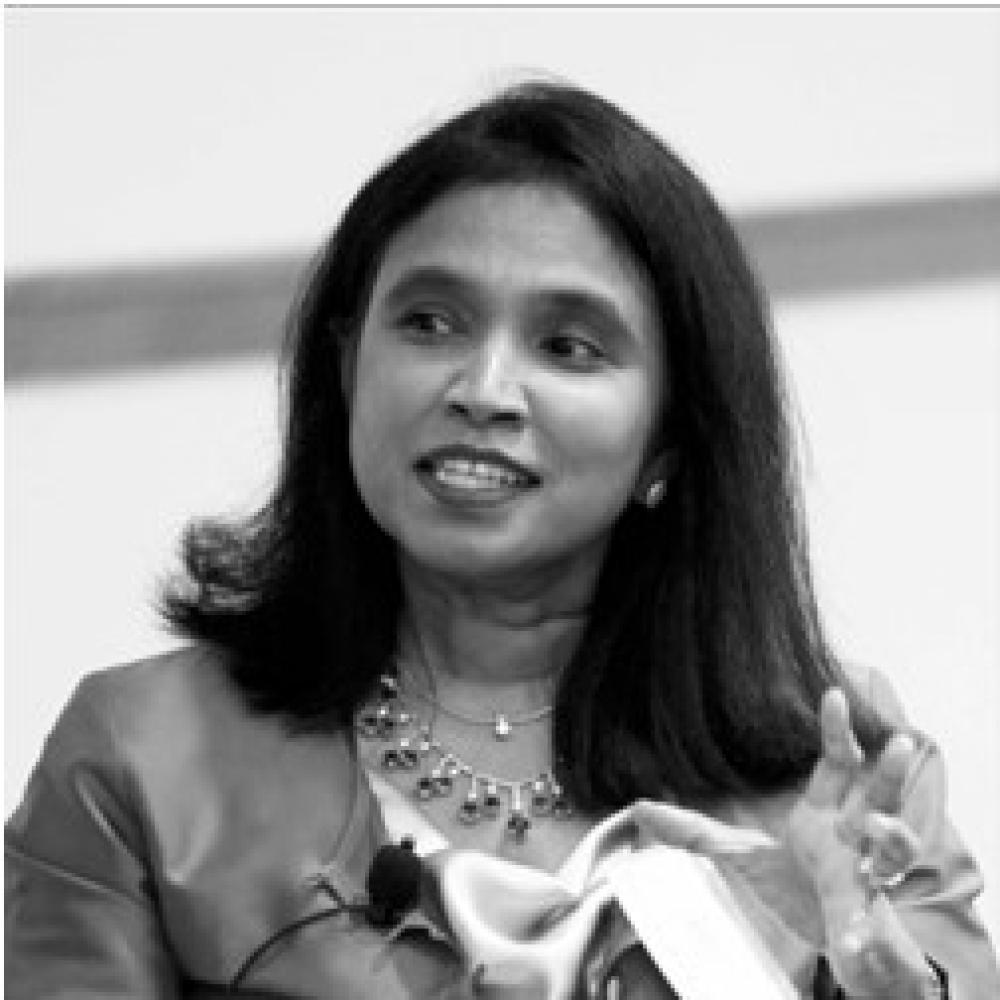
Dr. Rangita De Silva De Alwis is a member-elect to the Committee of Experts to the UN Convention on the Elimination of Discrimination Against Women, a faculty member at the University of Pennsylvania Law School, and Visiting Faculty at Harvard Kennedy School of Government.
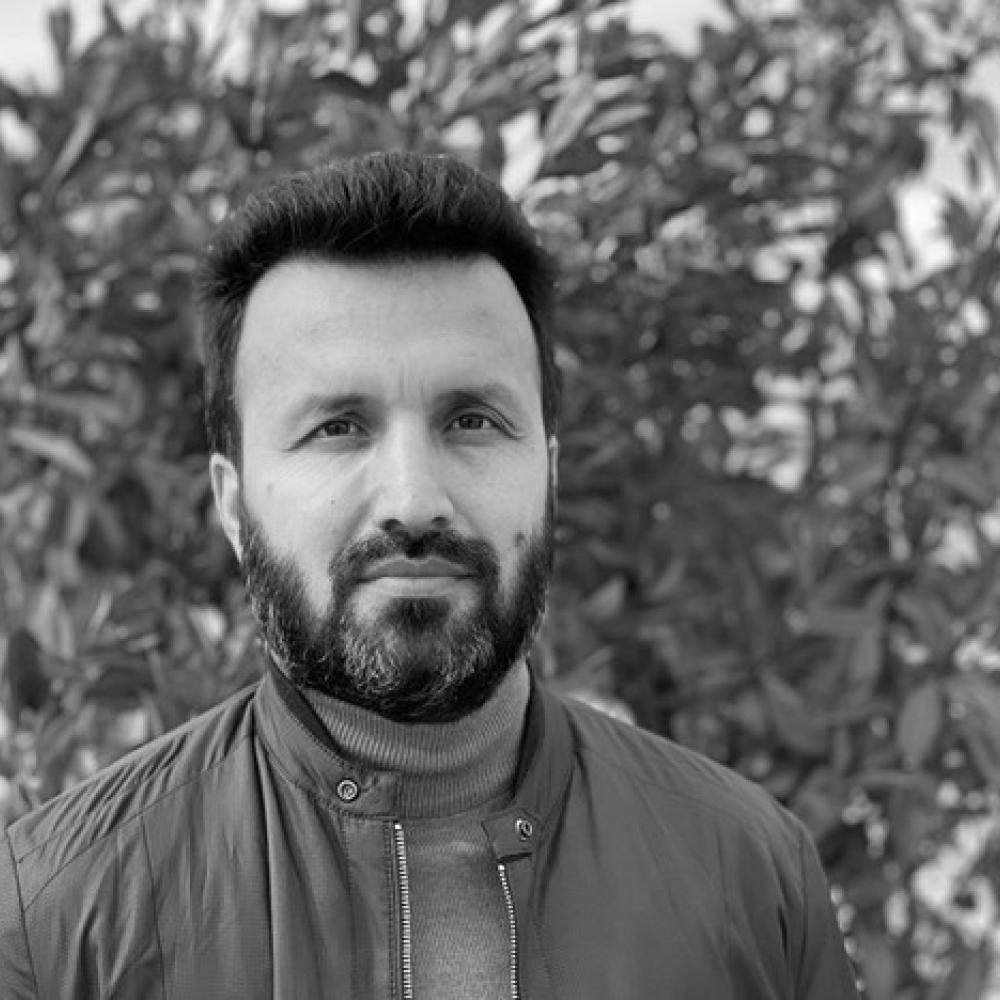
Gran Hewad is a researcher with around two decades of focus on policy research and communication. He wrote for the Afghanistan Analysts Network (AAN), USIP, managed the research department of the Afghanistan Research and Evaluation Unit (AREU) and focused on socio-political transformation and conflict analysis. International relations, democratic change, radicalization, political economy, and youth were the topics he mainly covered. He is currently a fellow at the Afghanistan Policy Lab.
